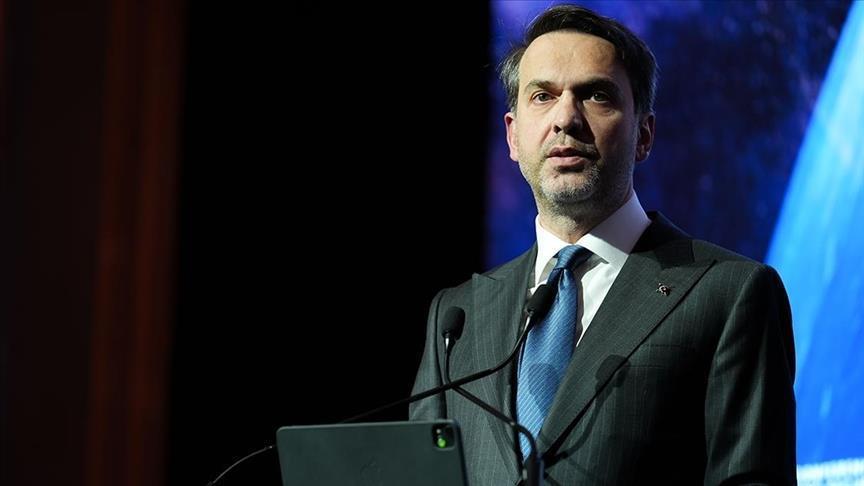

By Anadolu Agency
Turkish Energy and Natural Resources Minister Alparslan Bayraktar on Wednesday called on Greece and Bulgaria to expand the capacity of the existing interconnection natural gas pipeline to boost natural gas exports to Southeast European countries.
“I would like to emphasize that Türkiye is, and will continue to be, actively involved in the investments related to this matter,” said Bayraktar addressing the Atlantic Council Regional Conference on Clean and Secure Energy.
This would make “a significant contribution both to the supply security of this region and to the diversification of gas supply,” the Turkish minister added.
The regional conference on clean and secure energy gathers top government, business, and opinion leaders to discuss the next steps in the clean energy transition, according to its website.
Turkiye, with its geographical advantages, serves as a transit route for natural gas exports from its eastern neighbors to its west. However, the country also aspires to become a natural gas trading hub and a reliable supplier in the region, and actively follows policies in this direction.
The Türkiye-Greece Natural Gas Pipeline, spanning 296 kilometers (211 km in Türkiye and 85 km in Greece), began facilitating natural gas exports from Türkiye to Greece in 2007, according to the website of the Turkish Petroleum Pipeline Corporation (BOTAS).
Last year, BOTAS and its Bulgarian counterpart Bulgargaz began the first gas shipment from Türkiye to Bulgaria under a 13-year agreement.
Türkiye and Bulgaria had signed an agreement on Jan. 3 for the transmission of up to 1.5 bcm of natural gas a year. The deal, which covers 13 years, came a month after both countries’ leaders and energy ministers met in Istanbul.
We use cookies on our website to give you a better experience, improve performance, and for analytics. For more information, please see our Cookie Policy By clicking “Accept” you agree to our use of cookies.
Read More